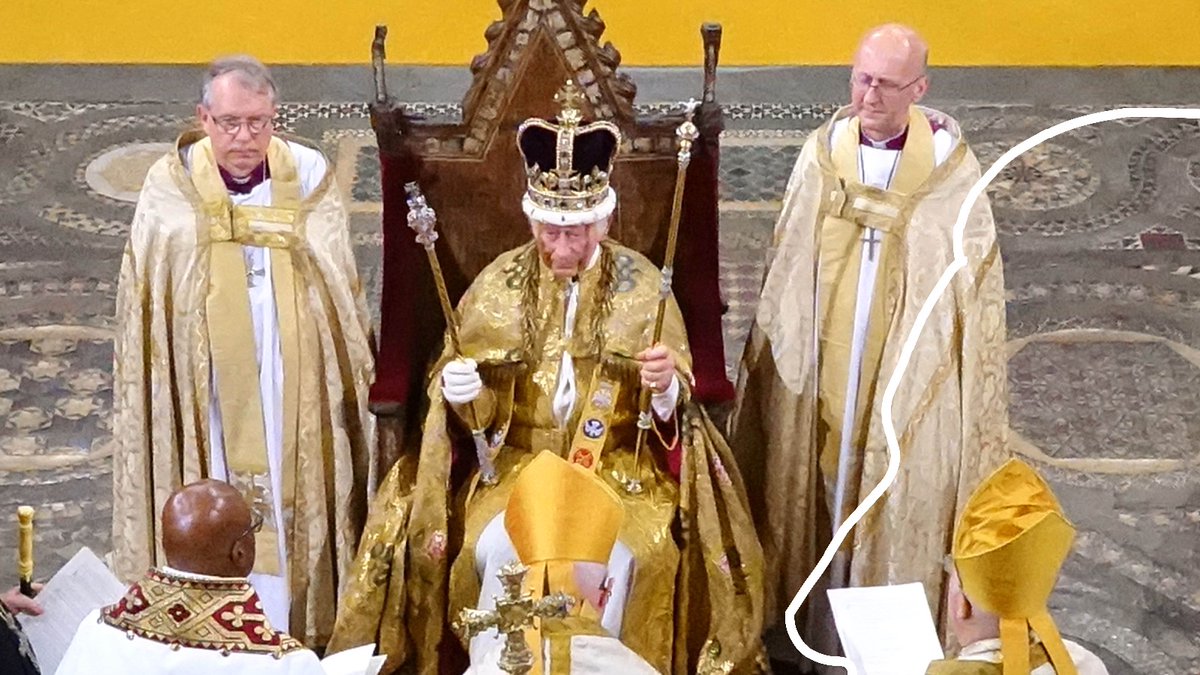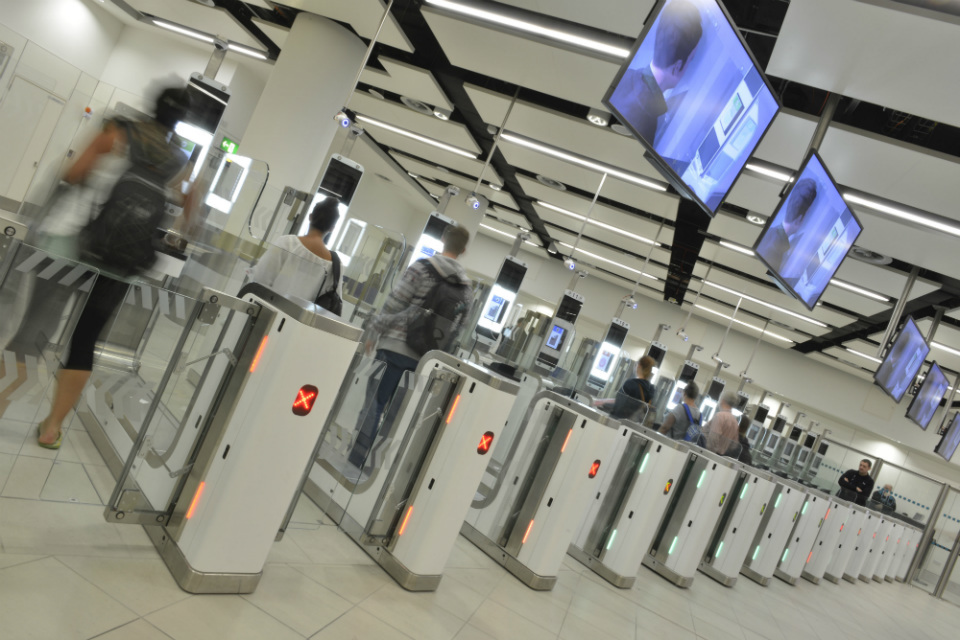Specialist groups linked to Russian federal agency FSB have targeted MPs, peers, civil servants and journalists in cyber campaign, according to Leo Docherty, the FCDO minister with responsibility for Europe
A minister has told the House of Commons that Russian intelligence services are believed to be responsible for “cyber interference” targeted MPs and other influential figures in the political world.
MPs, members of the House of Lords, civil servants and journalists are among those who have been targeted, minister for Europe Leo Docherty told the Commons on Thursday. Two individuals have been sanctioned and the Russian ambassador has been summoned to the Foreign, Commonwealth and Development Office, according to the minister.
Docherty told MPs that the Russian Federal Security Services, the FSB, is behind the cyber activity which has been “targeting high profile individuals and entities with a clear intent, using information they obtain to meddle in British politics”.
He said a team within the FSB, Centre 18, has been “involved in a range of cyber espionage” attacks targeting the UK. The target of the attacks has “predominantly” been personal email addresses, and Docherty said that the “Star Blizzard” cyber group, which has been judged as being subordinate to Centre 18, is responsible for targeting MPs from multiple parties.
Docherty said that institutions and processes have “endured in spite of these attacks, but the cyber threat posed by the Russian intelligence services is real and serious”. He told MPs that even if they do not consider themselves to be a potential victim, “this targeting can be extremely convincing”.
Related content
- MoD to probe how suspected Russian hoaxer finagled Teams meeting with defence secretary
- NCSC warns UK organisations to bolster defences against Russian cyberthreat
- NCA cybercrime unit looks to deepen ties with Russia’s neighbours
“The UK government judges that these actions demonstrate a clear and persistent pattern of behaviour,” he continued. “Russia’s attempted interference in political and democratic processes through cyber or any other means is unacceptable.”
The Russian ambassador has been summoned to the Foreign Office as Docherty pledged to send “a clear message that these actions have consequences”.
The National Cybersecurity Centre and parliamentary authorities are working to deliver an “enhanced cybersecurity offer” for MPs and Lords, Docherty said, which aims to “better protect them against this insidious threat and support the resilience of our lively democratic society”.
Shadow foreign secretary David Lammy described the activities as an “attack… on British democracy” and “on the public that we represent”.
Responding to the statement, he said that Labour condemns the cyber activity in “the strongest terms”.
“It comes of course as we approach 2024, the year of elections, not only in Britain, but in the United States, in India and in the European Union,” Lammy said. “Democracy […] is built on trust, and trust must be built on the confidence that politicians on all sides are able to conduct the business of democracy free from interference.”

A version of this article first appeared on PublicTechnology sister publication PoliticsHome




